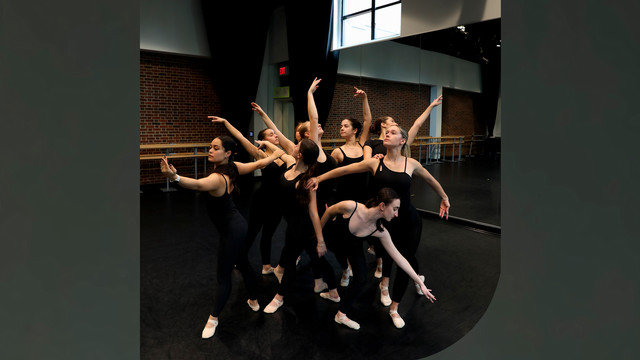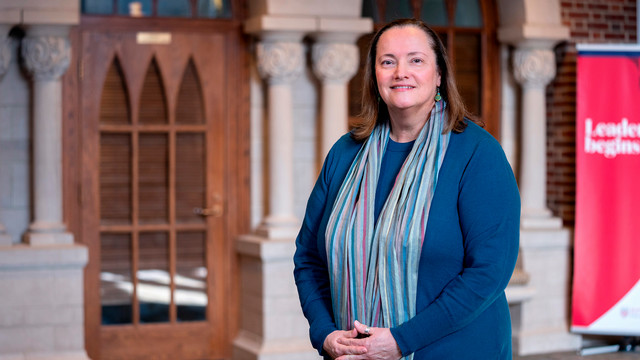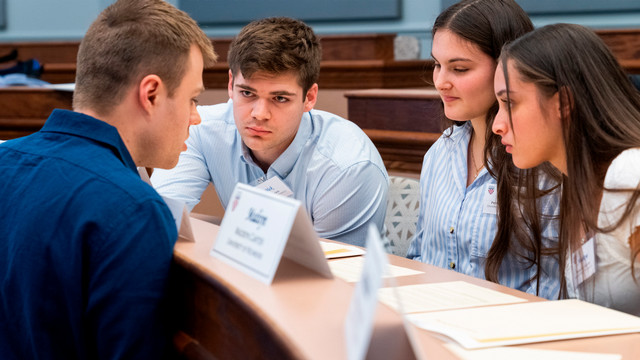
Due to recent inclement weather and shifting schedules for our campus community, Allison Tait’s book talk has been postponed. Rescheduling details are still to be determined and will be available here on the Humanities Center website and via SpiderBytes.

How Do We Inherit?
This question may focus on philosophical and speculative questions about traditions, canons, and curricula. It might include considerations of both endurance and disruption in a wide variety of ways. Asking this question might entail thinking in detail about the complexities of inheritance in political, psychological, legal, religious, or social terms.
Upcoming Events
Feature Stories




Humanities Faculty News
President Emeritus and University Professor Ronald A. Crutcher, a national leader in higher education and a distinguished classical musician, has received the American Association of Colleges and Universities President’s Award for Outstanding Contributions to Liberal Education.
Taylor Arnold, professor of data science and statistics, and Lauren Tilton, professor of digital humanities and director of UR’s Center for Liberal Arts and AI, received a grant to support their research to develop AI models that analyze film and television. The funding is part of a larger award from Schmidt Sciences and includes collaboration with colleagues at UC Berkeley and Bowdoin College.
Alicia Díaz, associate professor of dance, and Patricia Herrera, professor of theatre, presented two new short films at New Spiritualities: Film as Ritual at the Institute for Contemporary Art at VCU. The program recognized their collaborative project, ruinas/ruins, developed through long-term artistic research at the abandoned sugar mill in Central Aguirre, Puerto Rico. Díaz and Herrera collaborated previously on an award-winning dance film.
Michelle Kahn, associate professor of history, won the Berkshire Conference of Women Historians Book Prize for her book Foreign in Two Homelands: Racism, Return Migration, and Turkish-German History.





